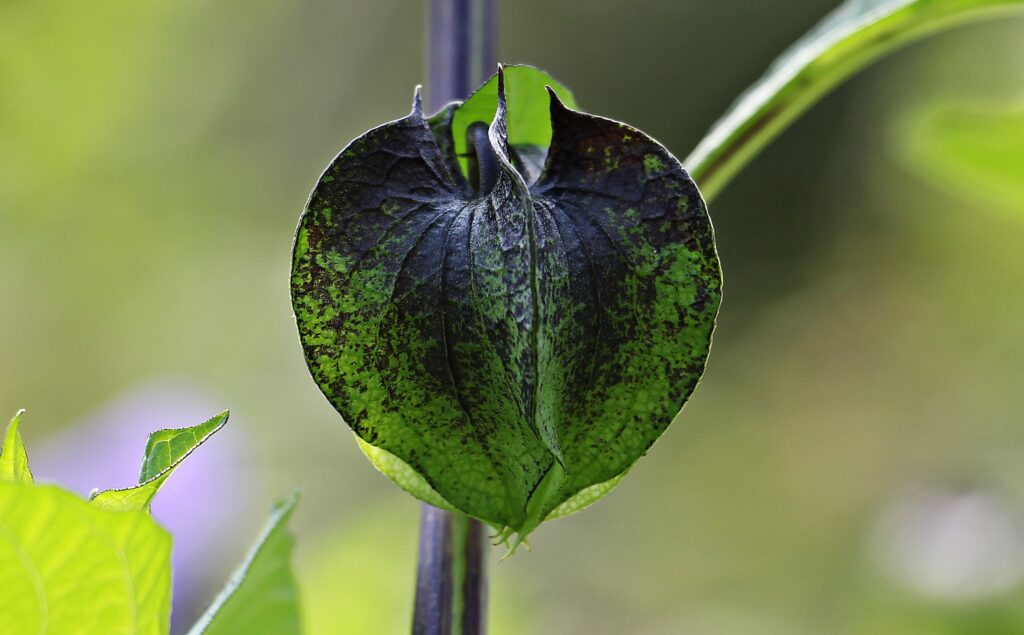Dealing with pests or diseases in your garden can be a frustrating task for any gardener, but with the right knowledge and techniques, you can effectively protect your plants and keep your garden healthy. The first step in dealing with pests or diseases is to correctly identify the problem. This will help you determine the best course of action. For example, if you notice holes in the leaves of your plants, it could be caused by pests such as caterpillars or slugs. On the other hand, if you notice yellowing leaves, it could be caused by a disease such as powdery mildew.

Dealing with pests or diseases in your garden can be a frustrating task for any gardener, but with the right knowledge and techniques, you can effectively protect your plants and keep your garden healthy. The first step in dealing with pests or diseases is to correctly identify the problem. This will help you determine the best course of action. For example, if you notice holes in the leaves of your plants, it could be caused by pests such as caterpillars or slugs. On the other hand, if you notice yellowing leaves, it could be caused by a disease such as powdery mildew.
Implementing preventative measures can help to keep pests and diseases at bay. This can include crop rotation, proper spacing, and maintaining a clean garden. Crop rotation is the practice of planting different crops in the same area in consecutive years. This can help to reduce the buildup of pests and diseases in the soil. Proper spacing between plants can also help to reduce the spread of pests and diseases. And keeping a clean garden free of debris and dead leaves can help to reduce the number of pests and diseases that can take hold.
One of the best ways to control pests and diseases is through natural methods. Companion planting, using neem oil, and introducing beneficial insects can all be effective ways to keep pests and diseases in check. Companion planting is the practice of planting certain plants together that can help to deter pests and diseases. For example, planting marigolds near tomatoes can help to deter tomato hornworm. Neem oil is a natural pesticide that can be used to control a wide range of pests. And beneficial insects such as ladybugs and lacewings can be used to control pests such as aphids.
However, if natural methods are not effective, you can use chemical pesticides. However, it is important to use them correctly and follow the instructions on the label. Always choose the least toxic option and be mindful of the impact on the environment.
Regularly monitoring your plants for signs of pests or diseases is important to catch problems early on. Keeping a record of the pests and diseases that have affected your garden in the past can help you anticipate and prevent future outbreaks. This way you can be prepared and take the necessary actions to protect your plants.
Dealing with pests and diseases in the garden can be challenging, but with a little bit of planning and some basic knowledge, you can keep your garden healthy and beautiful. Remember to always choose the least toxic option and respect the balance of the ecosystem in your garden. Happy gardening!

